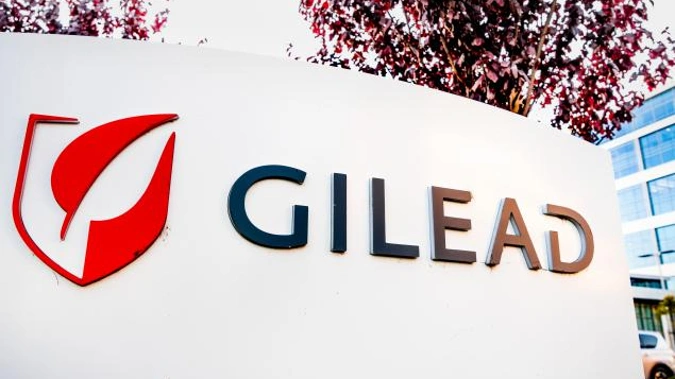Gilead Sciences remains committed to providing its twice-yearly HIV prevention injection, lenacapavir, in low-income countries—even amid uncertainty about funding due to cuts from the Trump administration.
A final decision from the U.S. Food and Drug Administration (FDA) on lenacapavir’s approval is expected by June 19. If approved and endorsed by the World Health Organization (WHO), the drug could reach 2 million people across 18 low-income countries by early 2026, as part of agreements with the U.S. President’s Emergency Plan for AIDS Relief (PEPFAR) and the Global Fund.
Lenacapavir has shown nearly 100% efficacy in large clinical trials. It promises to transform HIV prevention efforts, especially in regions where daily pre-exposure prophylaxis (PrEP) pills have been challenging for many to adhere to.
Johanna Mercier, Gilead’s Chief Commercial Officer, emphasized the need for a global approach:
“You can foresee a day where there are no new HIV diagnoses. It doesn’t happen if we only do this in the U.S. We need to make sure we have a global approach to this launch.”
Although PEPFAR’s continued funding is uncertain, Gilead says it will still strive to reach its target of providing lenacapavir to 2 million people in low-income countries. For the first two to three years, Gilead will supply the drug at cost until six generic manufacturers licensed to produce it ramp up output.
However, the sustainability of these efforts hinges on donor funding. Peter Sands, Executive Director of the Global Fund, said:
“It’s not just the uncertainty over PEPFAR’s funding that’s an issue, but the uncertainty over our funding.”
The Global Fund hopes to secure $18 billion for 2027-2029, with the U.S. as its largest historical donor. Without this support, researchers warn of a potential surge in new infections. UNAIDS estimates that halting PEPFAR-funded programs could result in an additional 6.6 million HIV infections between 2025 and 2029.
Mitchell Warren, Executive Director of the AIDS nonprofit AVAC, believes others may step in if PEPFAR funding stalls. Foundations like the Gates Foundation, the Children’s Investment Fund Foundation, and the Elton John AIDS Foundation are reportedly engaged in discussions to help sustain these initiatives.
Dr. Linda-Gail Bekker, who led lenacapavir trials in South Africa and Uganda, captured the mix of hope and frustration:
“It felt like the stars were aligning, and one of the stars has fallen out of the sky.”
While Gilead has not disclosed lenacapavir’s production costs, the drug’s U.S. price is expected to be similar to existing HIV prevention medications at around $25,000 per year. In lower-income regions, it’s projected to be significantly cheaper, with estimates around $100-$120 per person annually, according to Mitchell Warren.
The next steps hinge on regulatory approval and mobilizing resources to ensure lenacapavir reaches those most at risk in low-income settings.

